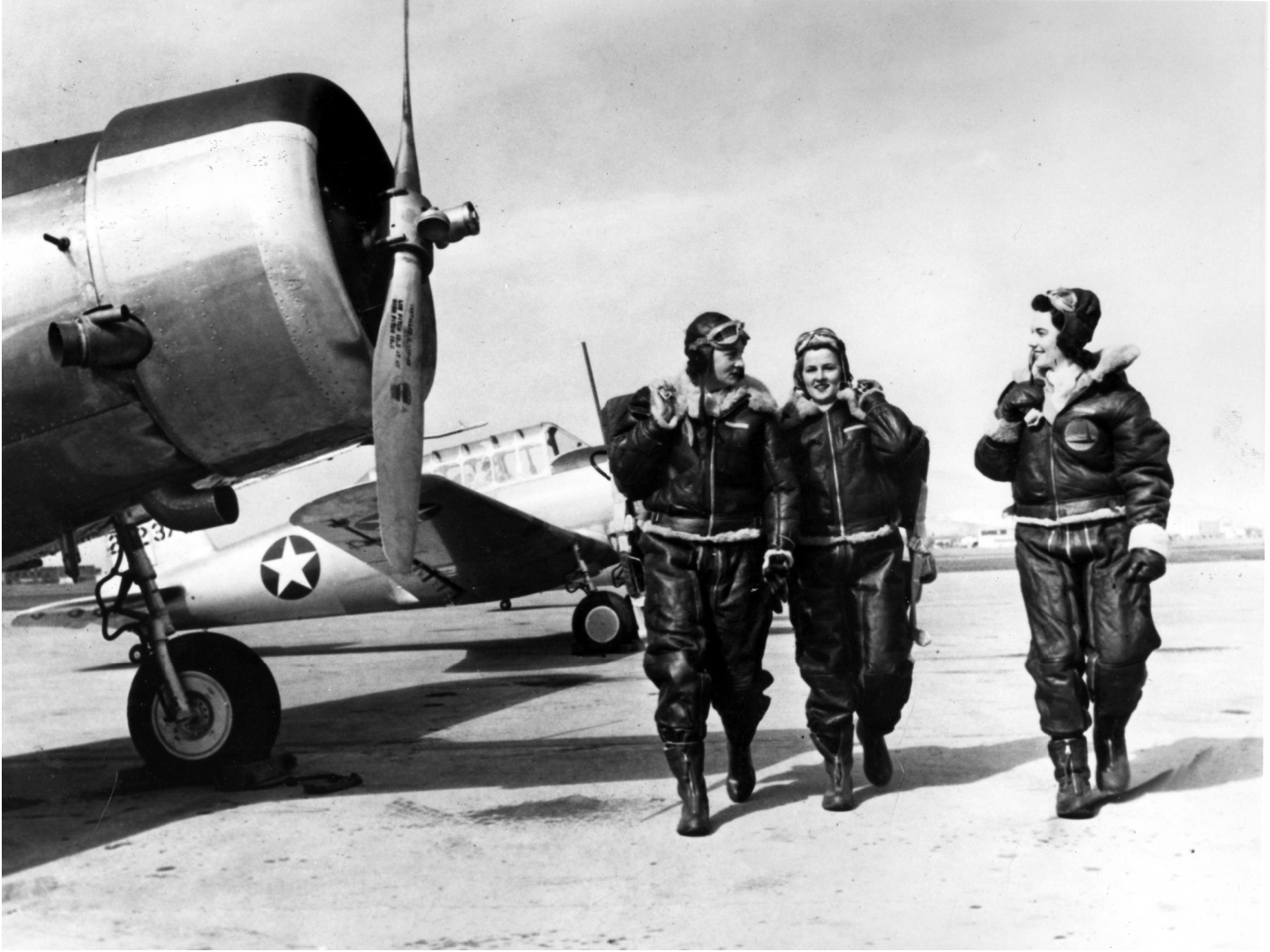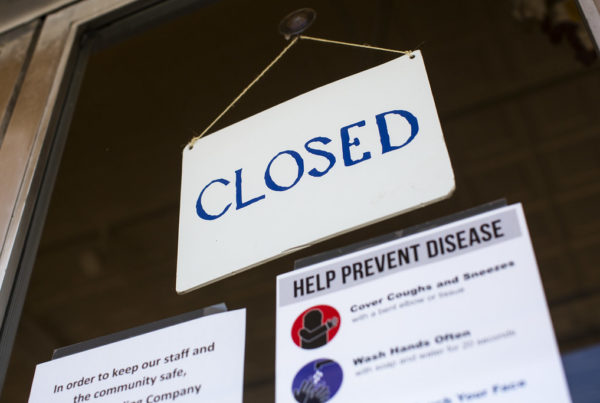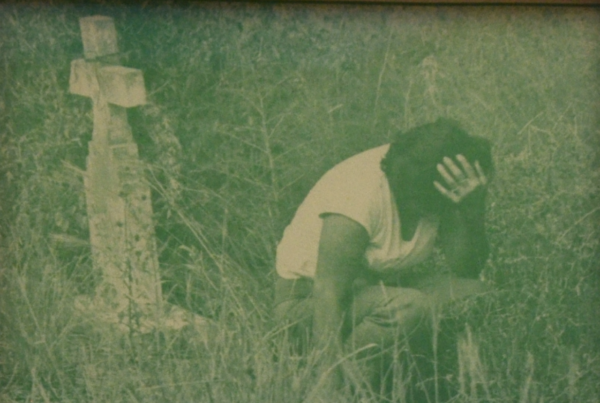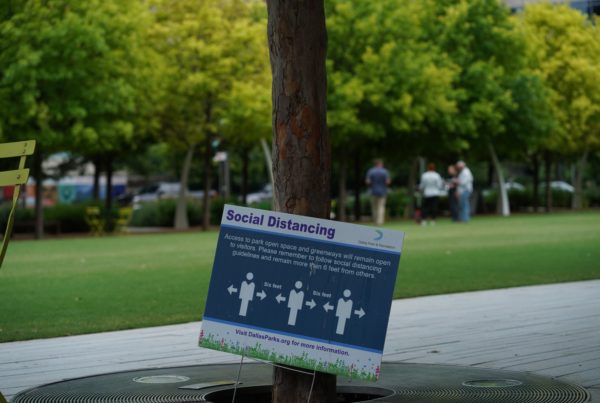For more than 25 years, Katherine Sharp Landdeck has been completely enamored with the story of the female pilots of World War II.
Landdeck, a pilot herself and a professor of history at Texas Woman’s University in Denton, has written a book that tells the personal stories of “The Women With Silver Wings.” She follows these women from before the U.S. entered the war until Congress’ decision to offer female pilots the nation’s highest civilian honor. She told Texas Standard she was surprised when she met a World War II pilot at air show in 1993.
“I couldn’t believe it,” she said. “I have a degree in history, and worked at a flight school up in Tulsa, and had never heard of these women who flew for the Army Air Forces in World War II.”
Landdeck tells the story of Cornelia Fort, whose plane was in the air during the attack on Pearl Harbor. She was the first female pilot to be killed in Texas, when her plane collided with another plane near a Sweetwater training base. Landdeck said Fort’s family received only a $250 death benefit, because Fort was a civilian, not a military pilot.
“If an Army pilot had been killed in the same way, they would have gotten $10,000,” she said.
The WASPS, or Women AIrforce Service Pilots, was separate from the more familiar WACs. or Women’s Army Corps. Landdeck said WASPs wore silver pilot’s wings, and were treated as members of the Army Air Forces “In every way. Except of course, for recognition and benefits.”
The women who chose to join the WASPs had come of age during the nation’s fascination with airplanes in the 1930s. Pioneering female aviator Amelia Earhart was a hero to many of them.
“They saw this as an opportunity to serve their country,” Landdeck said. “Everyone wanted to do their part for the war.”
Though WASP leaders saw the program as an important stride toward equality for women, the program excluded Black and Latina pilots, even though there were qualified women available, some of whom trained with the Tuskegee Airmen.
Landdeck said leaders believed that integrating the WASPs, in a time when the wider military was not integrated, would not have been possible.
“I’ve found the names of six Black women who applied to this program, and were turned down specifically because of their color,” Landdeck said.
In 2009, Congress authorized the issuance of the Congressional Gold Medal to members of the WASPs. The medals acknowledged the contributions of all WASPs, including the 38 women who were killed.in the line of duty,













